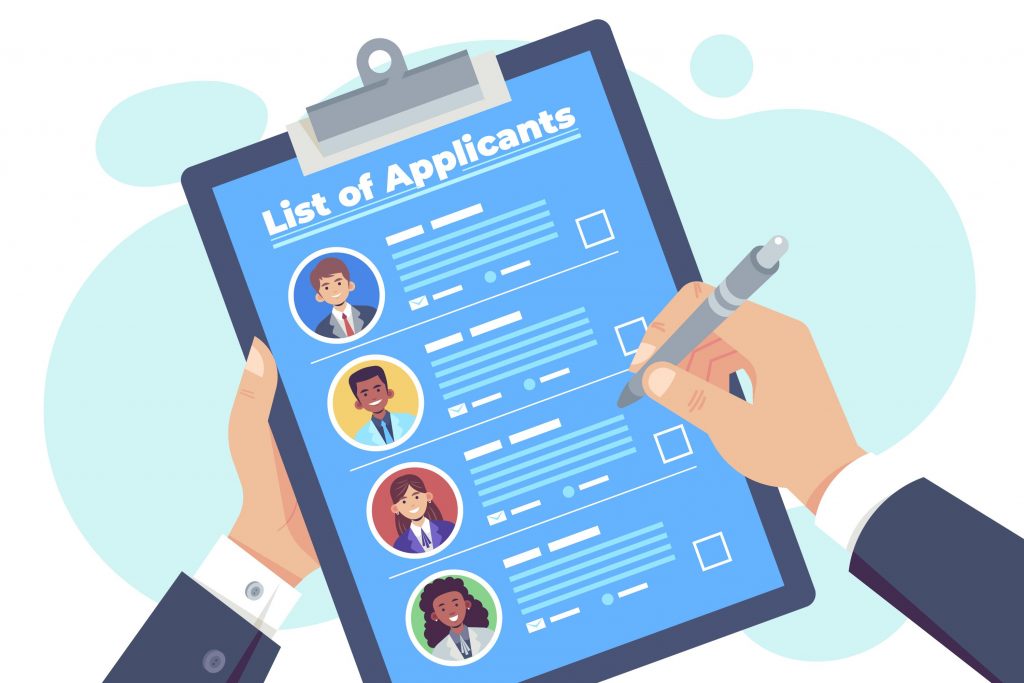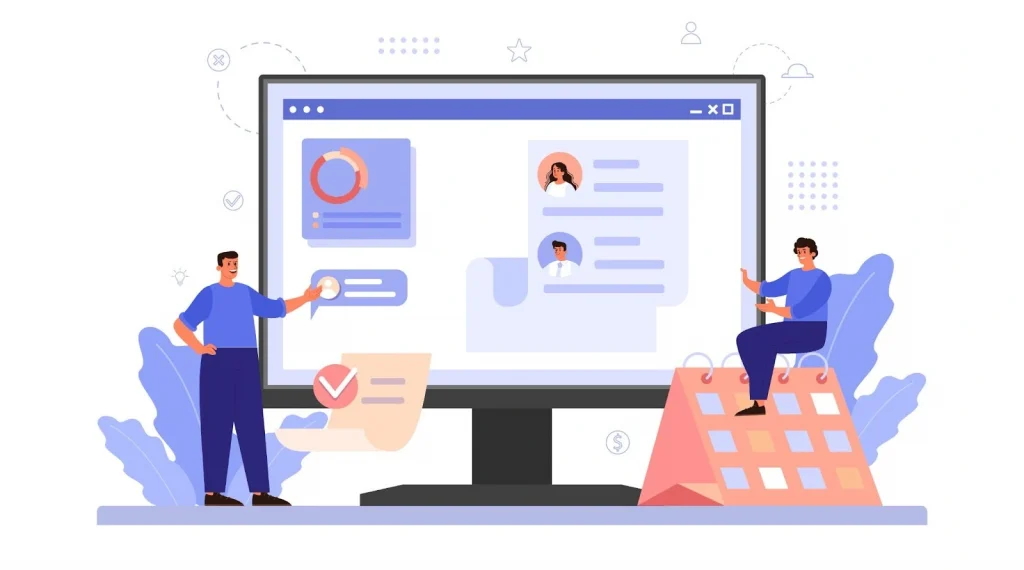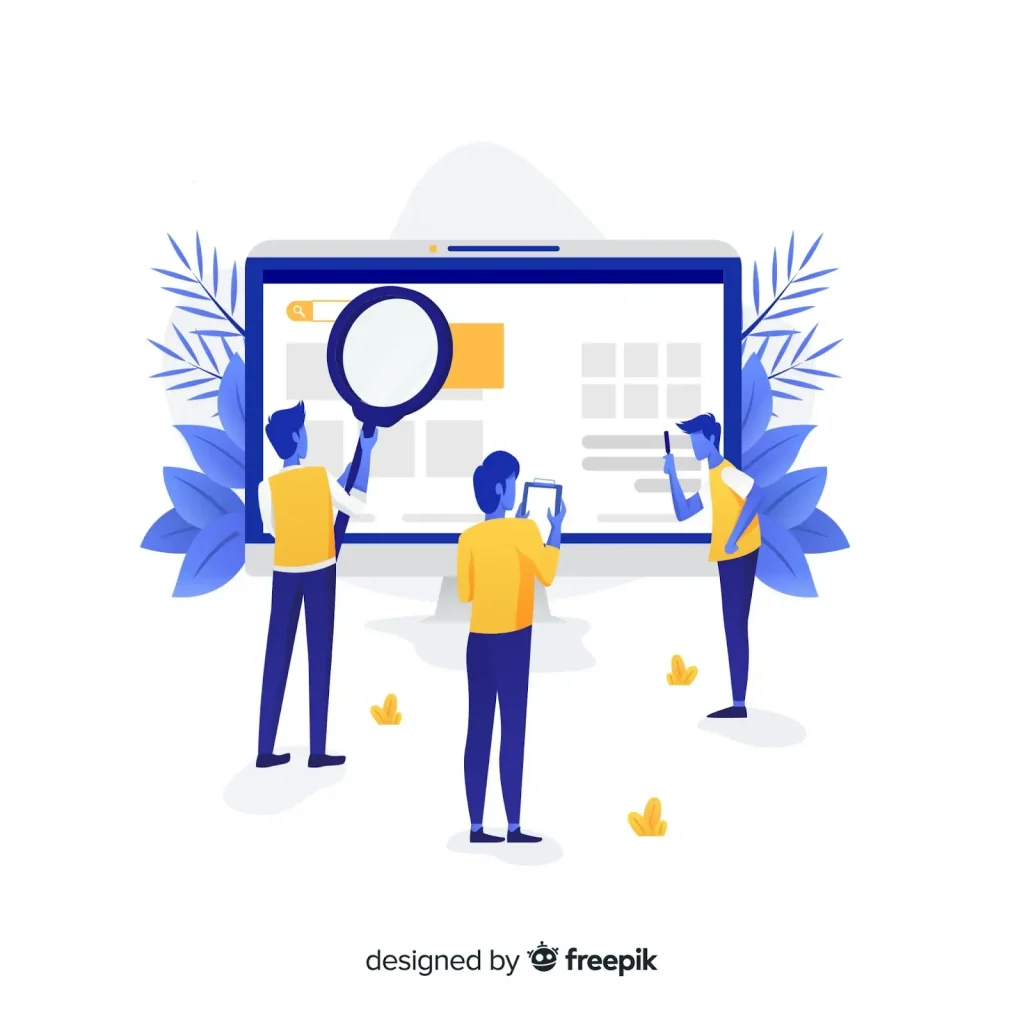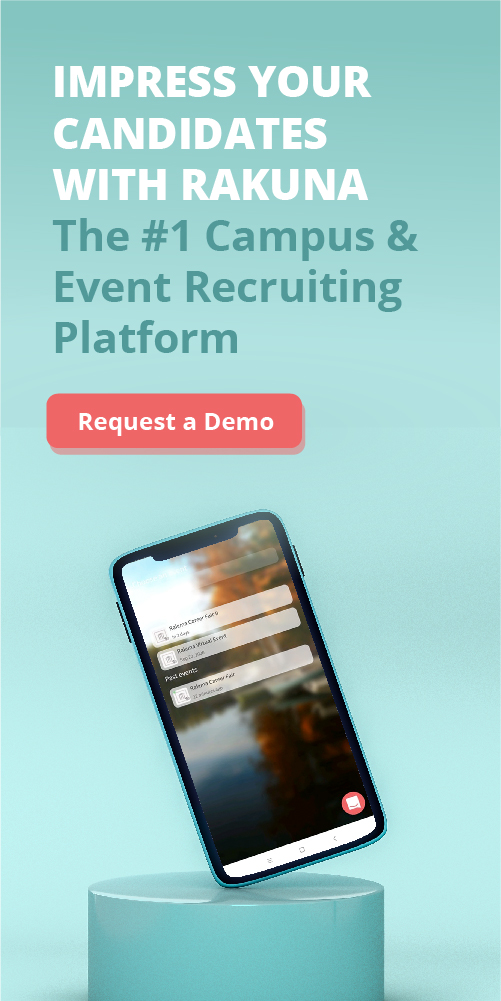As the modern workplace continues to evolve day by day, so does the way that businesses recruit their future employees. With recruiting technology advancing by leaps and bounds, artificial intelligence (AI) has come to the forefront to help us work better and smarter. Recruitment AI has become the new frontier, and it is essential for recruiters to keep themselves posted.
Regardless of how experienced a recruiter may be, recruitment requires the ability to analyze and sort through lots of information. Too much information often leads to fatigued recruiters, capable candidates turned away, and neglected piles of resumes. Fortunately, with artificial intelligence, the most time-consuming parts of recruiting are becoming much more accessible. From a candidate’s perspective, it’s clear how artificial intelligence software tools benefit them on the path toward getting hired. However, for recruiters, taking advantage of AI in the recruitment process requires understanding how much it can offer. Below, you’ll find several ways AI has changed today’s recruitment game.
Better Candidate Sourcing

Recruiters spend countless hours daily searching for candidates on websites and professional networks. Considering that there are more recruitment platforms online than ever before, this process can be quite labor-intensive. Human resources teams spend plenty of valuable time thumbing through profiles to find eligible candidates for an available position.
By utilizing artificial intelligence to their advantage, recruiters can find prospective applicants much faster. AI can sift through data and scan profiles for current job seekers, thus saving recruiters plenty of time. With recruiters saving their time and effort, they can focus their energy on other aspects of the hiring process.
Furthermore, incorporating AI into the process of sourcing candidates can actually improve the quality of said candidates. Implementing an algorithm that searches for those with appropriate qualifications and experience for the open position will eliminate eligible prospects. Applying this criterion to the search will help AI find consistently better candidates for the job.
Smart Recruit Online (SRO) is an excellent example of how AI can improve your business’s data-sourcing capability. SRO, according to their website, “is an evident-based talent acquisition and recruitment management system.” SRO uses advanced resume analytic and grading technology to handle over 700 clients and over 27,000 UK-based recruiters, all with a 98% satisfaction rating.
Improved Job Postings

Our society is always fluctuating and in a constant state of metamorphosis. The continual change that modern society is experiencing affects businesses just as much as it does to applicants. In fact, today’s job applicants expect companies to be forward-thinking in terms of class, race, and gender. ZipRecruiter, the job search engine, published an article detailing their findings on how applicants respond to the use of gendered words in job postings. They found that 42% of applicants responded better to job postings with gender-neutral wording. Although it may seem to be a minor area to change, it significantly increased the amount of applications received.
Using artificial intelligence to craft job postings that fulfill specific guidelines, such as gender-neutral, can benefit recruiters. The number of qualified applicants for each position may even double. Not only will it boost the number of candidates for each job opening, but it will also open the doors to a more diverse workplace.
Facilitates Workplace Diversity

More and more companies are working to make their workplace more diverse these days. Workplace diversity brings along with a whole host of benefits for companies to enjoy. Increased revenue, improved creativity and innovation, and high productivity are just a few things diversity can contribute.
However, we must remember that humans, at the end of the day, have plenty of unconscious biases. These biases arise from our subconscious when making quick decisions like those necessary in the hiring process. With the help of Recruitment AI, businesses can remove or block certain information that would trigger the recruiter’s unconscious biases. As a result, this would level the playing field for candidates.
Allowing AI to withhold information such as names, age, sex, or race would mean that only their skills and qualifications will be evaluated. Granted that a system to check or reevaluate candidates meet the criteria will still need to be in place. After all, as easy as it is to program artificial intelligence, it’s equally easy to reprogram it, for better or worse.
Quicker Selection Process

At times, the sheer number of candidates can overwhelm recruiters and bog down their progress. Reducing hundreds of candidates to a second smaller batch of candidates may feel nearly impossible. Therefore, programming Recruitment AI to help recruiters narrow down their initial selection can save them a lot of stress.
Since AI can quickly hunt down potential candidates, why not use it to make contact? You only need to create an interview invitation template and program your AI to send it. Many email marketing services now allow the integration of sophisticated external tools. Artificial intelligence can pore through candidate resumes to see which is best for the job.
Moreover, once AI has done its job, it will be able to present a slimmer stack of candidates for recruiters to review. Speeding up the initial selection process benefits both recruiters and candidates. The sooner a candidate knows they’ve got the job, the sooner they can begin working. Consequently, quickening the selection process’s pace is in both parties’ interests.
Introduction of Generative AI (GAI)
Recruitment teams have long employed AI tools, but the introduction of generative AI, such as ChatGPT, has ushered in a recent wave of change. These newer Recruitment AI technologies are opening up fresh avenues for efficiency and creativity.
According to the report titled “1 in 4 companies have already replaced workers with ChatGPT” by ResumeBuilder, to see how many companies currently use or plan to use ChatGPT from ResumeBuilder, ChatGPT is making its way into the software toolbox of many companies.
The applications of ChatGPT within these organizations are diverse and reflect its versatility. Business leaders report a wide array of uses, with notable applications in hiring, code generation, content creation, and customer support.
- 66% of companies using ChatGPT rely on it for writing code. This showcases its capability to expedite and automate a crucial aspect of software development.
- For copywriting and content creation, 58% of these companies employ ChatGPT, emphasizing its role in streamlining content production processes.
- Customer support is another area where ChatGPT proves invaluable, with 57% of companies utilizing it for this purpose. This speaks to its ability to provide quick and efficient responses to customer inquiries.
- ChatGPT plays a pivotal role in summarizing meetings and documents, with 52% of companies utilizing it for this task, which aids in information consolidation and decision-making.
- Most notably, ChatGPT is a vital tool in many companies’ hiring processes. A substantial 77% use it to craft job descriptions, while 66% utilize it for drafting interview requisitions, and 65% rely on it to respond to applicants. These applications underscore its value in optimizing the recruitment process.
Recruitment AI – Back To You
Artificial intelligence still has a long way to go before it will entirely assume the responsibility of hiring. For now, this rapidly advancing technology can significantly help recruiters find better candidates. With the help of advanced algorithms, recruiters can recruit faster and smarter.
However, merely finding better candidates isn’t all that Recruitment AI can do. Artificial intelligence is already helping recruiters analyze demographics and evaluate resumes. These programs can even go so far as to conduct preliminary interviews with prospective candidates.
Despite all that, recruiters need not worry about losing their jobs to robots anytime soon. The modern recruitment process still requires “that human touch” to bring in qualified and high-performing talent. For now, Recruitment AI is simply taking on the more mundane and time-consuming tasks required of the recruitment process today.


